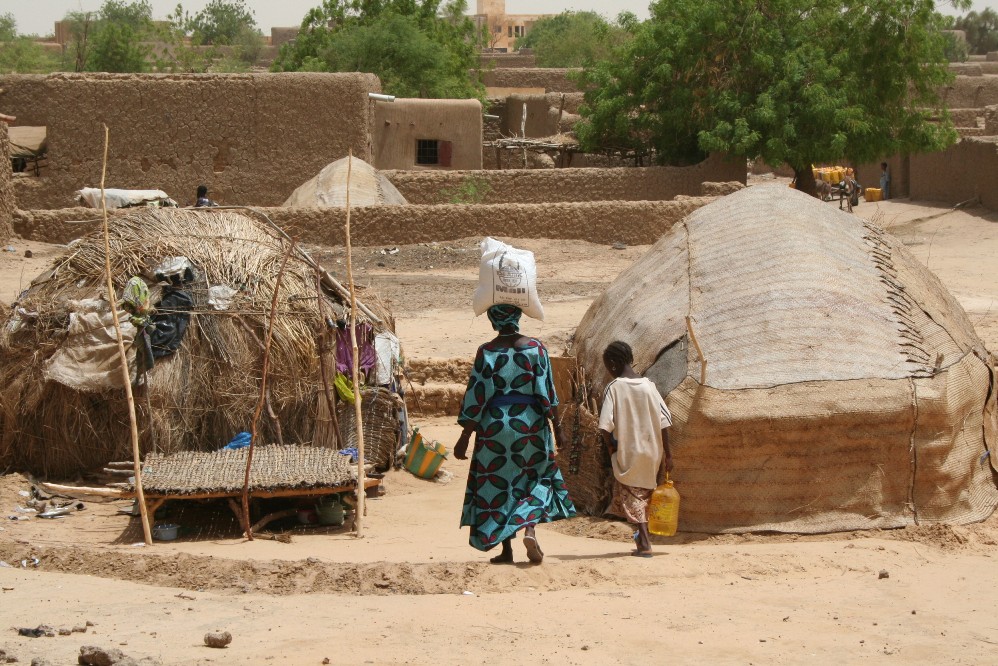
BAMAKO, May 16 — Mali is once again grappling with a worsening humanitarian crisis, as renewed violence in the northern and central regions triggers a new wave of displacement and suffering for thousands of civilians.
In early May, intensified attacks by unidentified armed groups in Gossi and surrounding areas forced hundreds of families to flee their homes, particularly in the Timbuktu (Gourma-Rharous and Bambaramaoude) and Douentza (Hombori) regions.
According to initial reports, public infrastructure has been destroyed, and the violence has had a severe psychological impact on affected communities.
Women and children account for approximately 65% of the displaced population, reflecting the broader national trend of conflict-driven displacement in Mali.
The United Nations Office for the Coordination of Humanitarian Affairs (OCHA) estimates that 6.4 million people, around 28% of Mali’s population currently require humanitarian assistance.
In this latest wave of displacement, around 995 households have been forced to leave their villages in the communes of Gossi and Ouinerden. Many are now seeking refuge in safer locations, including Gossi town, Rharous, Bambaramaoude, and Hombori.
These displaced families are living in extremely harsh conditions, either in informal settlements or hosted by local families with limited resources. Access to clean water, food, shelter, and healthcare remains critically low.
In response, OCHA has called on Islamic Relief and other humanitarian partners to carry out a rapid multi-sector needs assessment to identify urgent priorities and coordinate life-saving interventions.
Islamic Relief Mali is preparing to respond with an immediate emergency intervention, proposing the distribution of unconditional cash assistance to affected households in Timbuktu and Douentza regions.



